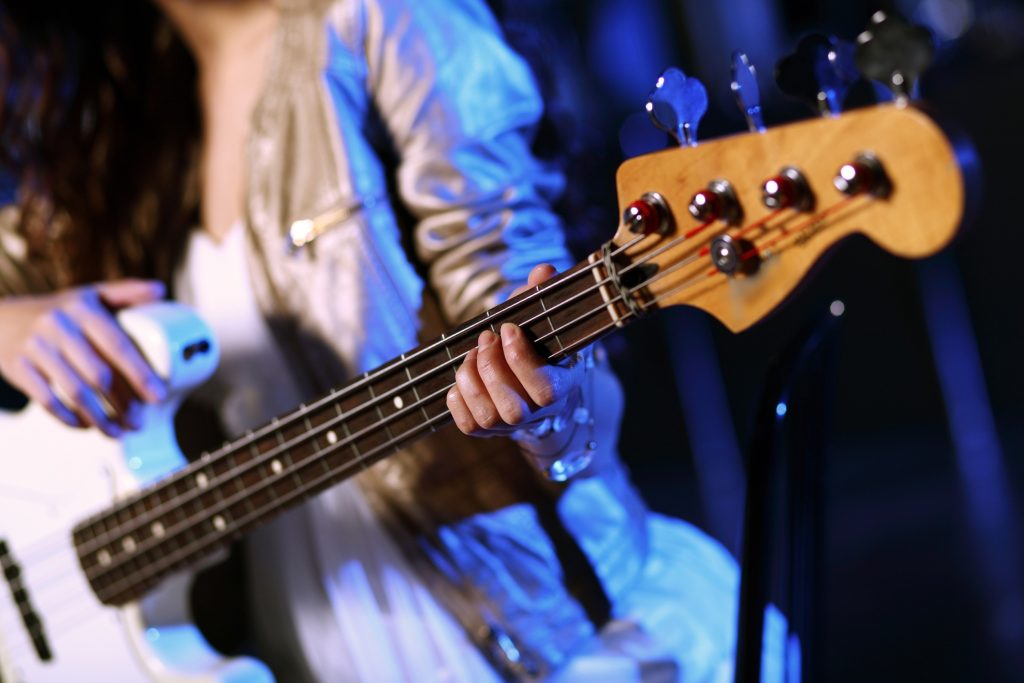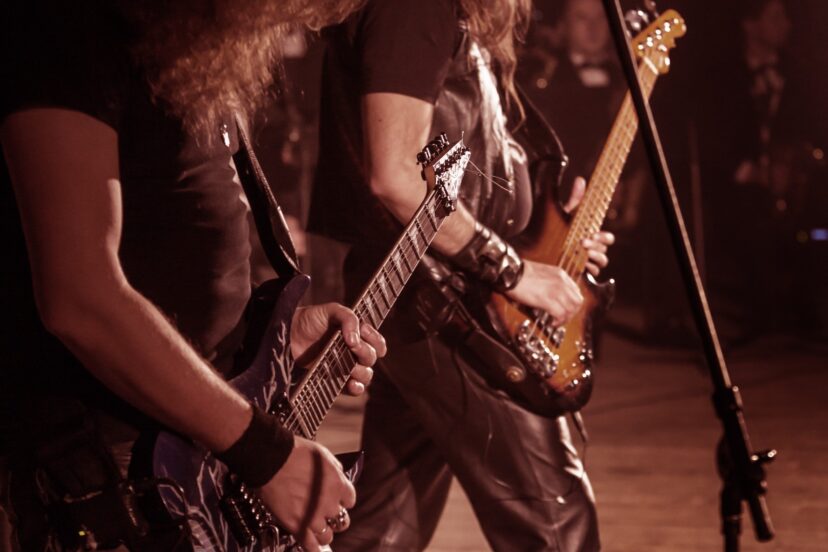Playing Bass Guitar in a Band
Introduction
So, you’ve chosen to play the bass guitar? Fantastic choice! This instrument plays an essential yet often overlooked role in a band, providing a rhythmic and harmonic foundation. Let’s take a journey together to better understand and appreciate the art of playing bass guitar in a band.
The Role of Playing Bass Guitar in a Band
Maintaining Rhythm
The bass guitar is the backbone of a band. It aligns with the drums to establish the rhythm, almost like the heartbeat of the music. It’s like the steady tick-tock of a clock. So, how does it feel to be the rhythmic backbone of your band? I think it is it is one of the best feelings in the world.
Harmonizing Melodies
Besides rhythm, the bass guitar adds depth to the melody. Think of your bass as the rich dark chocolate layer beneath the sweet vanilla icing of the song. Sounds delicious, doesn’t it?
Choosing Your Bass Guitar
Acoustic vs Electric Bass
Now, to the eternal question: Acoustic or electric bass? The answer is a personal preference. The resonating warmth of an acoustic bass or the electrifying buzz of an electric bass—what stirs your musical soul? They both have their place depending on the sound that you are trying to achieve.
Number of Strings
Another thing to consider is the number of strings. A typical bass has four strings, but you can find bass guitars with five, six, or even more strings. The extra strings provide a wider range of tones. Like a painter with a larger palette, can you imagine the colorful music you could create?
Mastering the Basics
Reading Bass Tabs
Don’t fret about reading music sheets! Bass guitar tabs are here to make things easier. Think of tabs as your roadmap to playing any song on the bass guitar. It can get into the game much quicker than reading music. Not that reading music isn’t a valuable tool to master.
Scales and Chords
Scales and chords are the building blocks of music. Picture them as your musical Lego blocks. The better you know them, the easier it becomes to construct a musical masterpiece.
Practicing and Improving
Consistency in Practice
Remember, practice makes perfect. It’s like planting a seed and watering it every day. Over time, your efforts will blossom into a beautiful musical tree. Try recording yourself so that you can hear the improvement in your playing over time. This will help with your motivation to practice.
Learning from Other Bassists
You can also learn a lot by listening to and observing other bassists. Imagine being an art student in a gallery, drawing inspiration from every piece. Who are your favorite bassists, and what can you learn from them? Don’t be afraid to make friends with other players, they can teach you a lot.
Integrating into a Band
Understanding Band Dynamics
Being in a band is much like being part of a team. Everyone has a role to play, just like in a soccer game. Be ready and whiling to compromise when it is for the good of the band. It’s much like being in other relationships in your life. Don’t let your passion blind you and know when to take a step back.
Collaboration and Improvisation
Jamming with your bandmates is an excellent way to improve. It’s like a group of friends having an animated conversation, but with music. It allows you to have some fun without the pressure of the perfection you seek when learning to build a song list to book gigs.

Performing Live
Managing Stage Fright
Yes, stage fright can be terrifying. But remember, even the biggest stars were once in your shoes. People are not expecting you to be perfect. And most of them wish they had the guts and talent to do what you are doing.
Enhancing Stage Presence
Your stage presence can make your performance even more memorable. Think of it as the cherry on top of your musical sundae. Concern yourself with being a good musician first and let the stage presence take care of itself.
Conclusion
Playing bass guitar in a band is not just about the notes you play—it’s about being part of a musical conversation, expressing your unique voice, and most importantly, having fun! Playing any instrument should be about a joy in your heart. If you have that, it will be bring joy to your audience.
FAQs
Q: Should I start with an acoustic or electric bass?
A: This depends on your personal preference. An electric bass may be easier for beginners, but an acoustic bass could provide a richer, more resonant sound.
Q: How important is it to learn scales on the bass guitar?
A: Scales are very important as they are the building blocks of music and will help you understand how melodies and harmonies work.
Q: Do I need to know how to read music to play the bass guitar?
A: While it’s not strictly necessary, it can certainly help. Many bassists use tabs, which are simpler than traditional music notation.
Q: How often should I practice playing the bass guitar?
A: Consistency is key. Aim to practice a little every day rather than in large chunks once or twice a week.
Q: How can I overcome stage fright?
A: Preparation is the best remedy for stage fright. The more prepared you are, the more confident you’ll feel. Also, remember that it’s perfectly okay to be nervous. Many great performers are!




